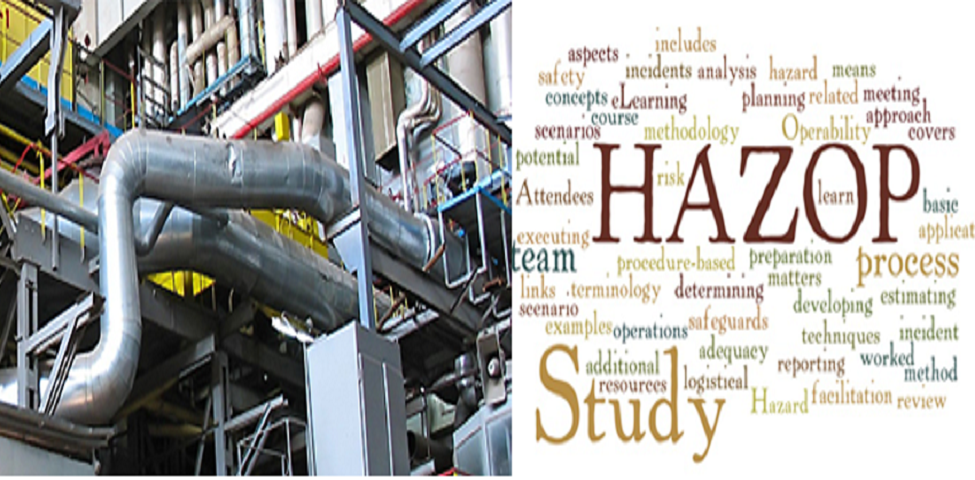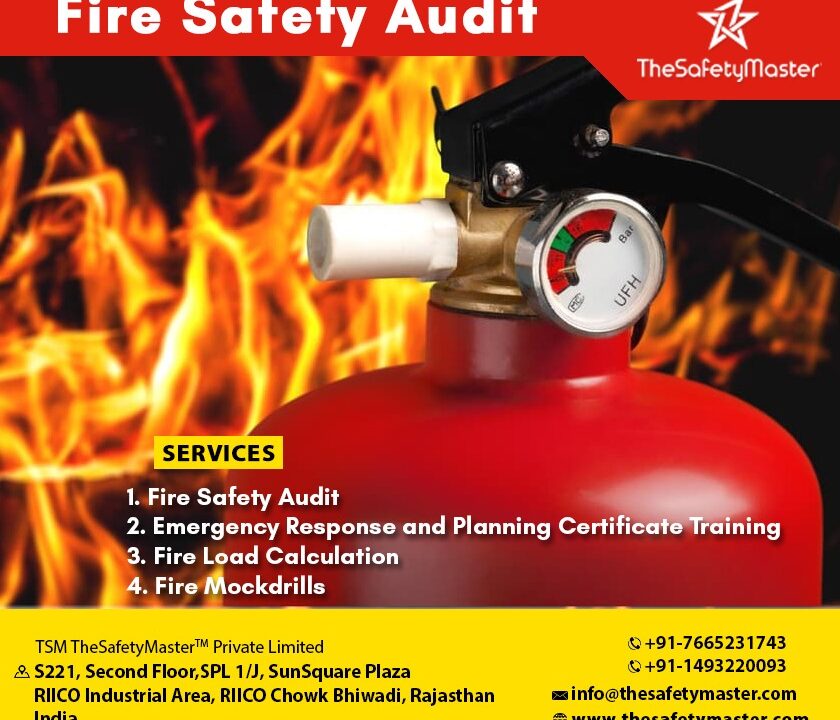
Reasons Why Workplace Safety Training is Importan
April 28, 2023
Quantitative Risk Assessment
May 3, 2023Process Analysis (HAZOP, SIL, LOPA, QRA)
Process analysis (HAZOP, SIL, LOPA, QRA) is a structured method used to identify hazards or safety critical issues in the process design or operation phases of the engineering / operation project. Process analysis may be required in order to comply with regulatory requirements (such as the OSHA process safety management standard), industry best practices, and HAZOP, ISA 1000, SIL and LOPA are related techniques that are used during this phase of a project.
Process analysis is a method for the thorough examination of the processes involved in designing and releasing new systems. It involves a systematic examination of the whole process from start to finish. It is a method used to evaluate the design of complex systems. Process analysis is used to identify potential hazards and locate areas in which hazardous situations can occur. Any process analysis will consist of four different classifications: Hazardous Operations, Individual LOPA, System LOPA, and Quantitative Risk Assessment (QRA).
When things go wrong, it is often the result of a planning or systems failure. The best way to plan for and prevent these failures is through process analysis. Process analysis will help you avoid errors in planning and design by evaluating the system under a variety of hazardous conditions or situations. Process analysis is an important part of the process of designing new equipment for the chemical, petrochemical and industrial industries. Process design requires a great deal of investigation and knowledge of the operating characteristics of a variety of processes and their associated equipment.
It’s mostly used in a hazardous process industry like Oil & Gas, Chemical, Pharmaceutical and Nuclear. It aims to identify hazards associated with a process and develops strategies for their elimination or reduction in order to improve overall process safety performance. It is a method of evaluation used to identify potential hazards or weaknesses in existing systems or processes. In doing so, the Process Analyst can determine if there is a need for system improvements or additional controls needed to prevent an incident or accident. Understanding these concepts is critical in ensuring our processes stay safe and reliable.
All industries are always prone to large-scale calamities, which often result in the loss of life, destruction of assets, and production losses. This is the need of Process Analysis. Process Analysis is an approach that models a process to study and simulate the effects analysis and evaluation using mathematical modelling based on information taken from previous incidents, hazard monitoring reports and expert judgment. It uses various analytical tools to model the process under varied incidents like loss of feedstock, loss of utility supply or processing plant power failure etc.
How we can help
- Online/onsite training
- Process analysis audit
- Documentation
- Conducting HAZOP, SIL, LOPA, QRA




